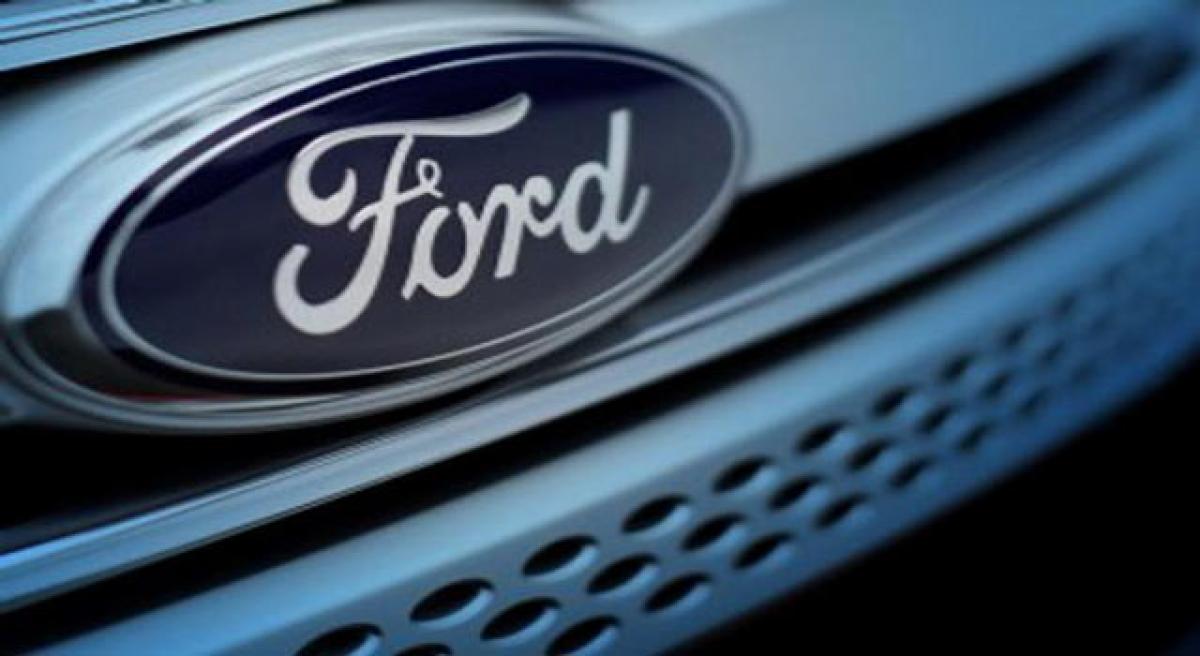Ethical consumerism on the rise in Asia: Ford

Climate change, water scarcity and dwindling natural resources are just a few of the serious, long-termenvironmental challenges facing many countries across Asia Pacific, causing consumers to seek out eco-friendly goods and services.
Climate change, water scarcity and dwindling natural resources are just a few of the serious, long-termenvironmental challenges facing many countries across Asia Pacific, causing consumers to seek out eco-friendly goods and services.
As consumers begin flexing their socially-minded muscles at the cash register, they are demanding more from the brands they buy. For Ford Motor Company, this rising demand for ethically produced goods converges with the company’s own efforts to integrate sustainability into every aspect of its business.
The automaker has identified ‘Sustainability Blues’ as a key consumer trend in Asia Pacific. Ford’s 2016 Trends Report found that 87 percent of adults in India said they tend to choose products that are environmentally responsible. While for the remaining Asia-Pacific, around 75 percent of respondents echoed the same view.
According to a recent Nielsen global survey[1], sales of consumer goods from brands with a demonstrated commitment to sustainability have grown more than four percent globally, while those without grew less than one percent.
In addition, the majority of consumers said they were willing to pay more for sustainable brands, especially millennials almost three-out-of-four of which said they would pay a premium for greener products, up from approximately half a year before.
“Young consumers care deeply about where and how their products are made, whether they are vegetables or automobiles,” said Sheryl Connelly, global consumer trends and futuring manager, Ford Motor Company. “They feel a personal responsibility to address social issues and are putting their money where their heart is. We must keep pace with consumers’ evolving wants and needs in order to remain competitive.”
Reducing environ footprint
Ford has long embraced environmentally friendly manufacturing practices and is going further to make its business greener from the inside out. Globally, Ford has reduced the energy used in its manufacturing process by 25 per cent between 2010 and 2015. The company is also exploring innovative ways to reduce its water consumption, working towards the aspirational goal of zero potable water used in its manufacturing plants.
In Asia Pacific, Ford has made significant progress towards cutting its environmental footprint with recent examples including:
• Introduced the three-wet high solid technology in the paint shop leading to 23 per cent reduction of hazardous emissions. Ford’s Chennai plant was world’s first plant to introduce this technology. Ford’s Sanand plant is also equipped with this technology.
• Reduced CO2 emissions per vehicle produced by almost 10 per cent in 2016 compared to 2015, and nearly 40 percent since 2010. At Ford’s Chennai plant, reduced energy and water consumption per vehicle produced by 16 per cent and 30 per cent respectively since 2009.
• Reduced Volatile Organic Compound (VOC) emissions by close to 40 per cent since 2009 at Ford’s Chennai plant
• Sent more than 90 percent less waste per vehicle to landfill in 2016 compared to 2011. In the same year, more than half of Ford’s manufacturing plants in the region were zero waste to landfill facilities, including Ford’s Chennai plant
• Used 15 percent less water to produce each vehicle in 2016 compared to 2015 enough to fill two bathtubs or 1,000 half-liter bottles of drinking water.














